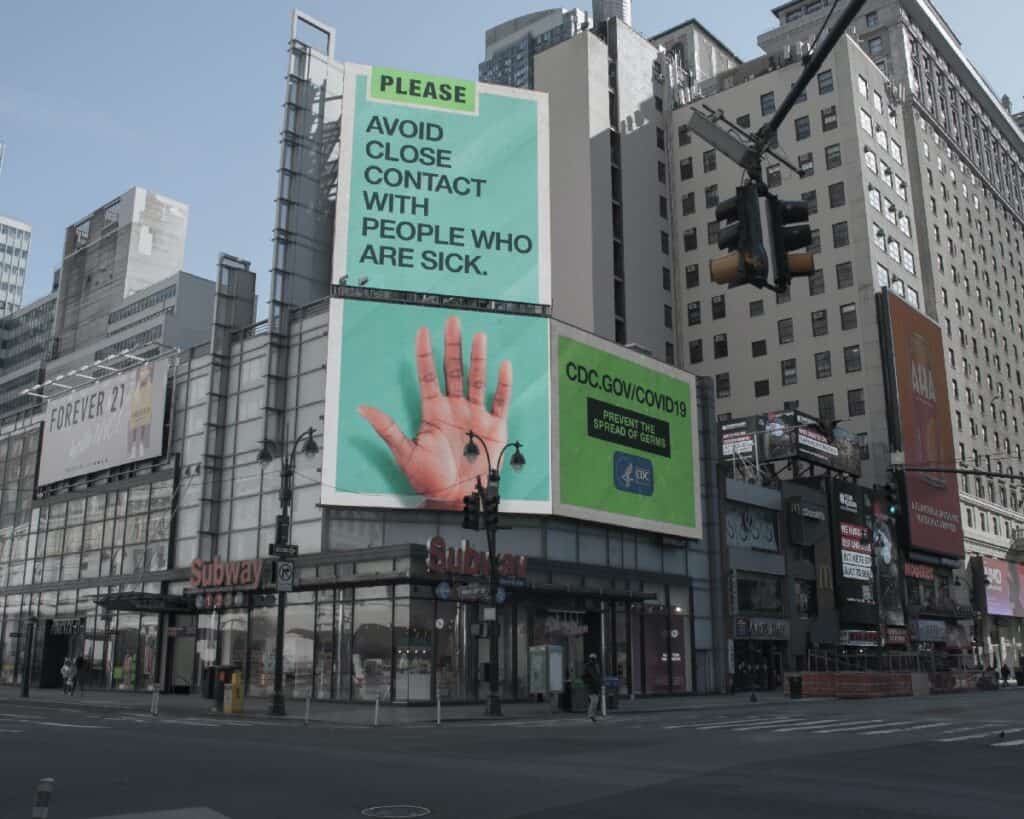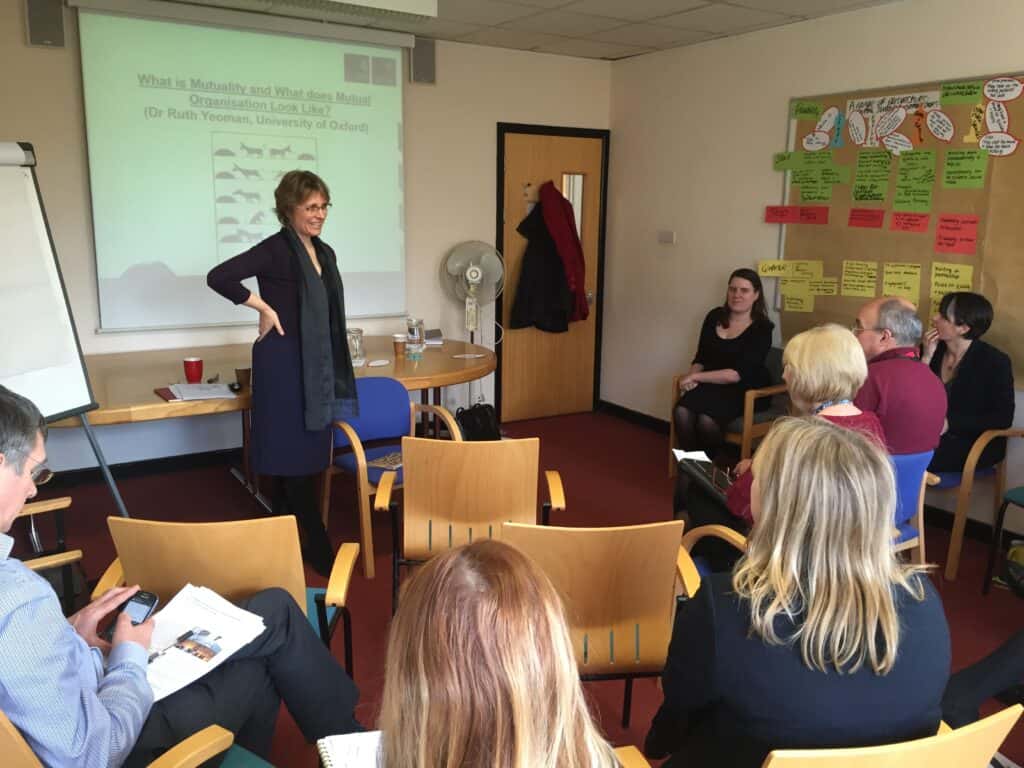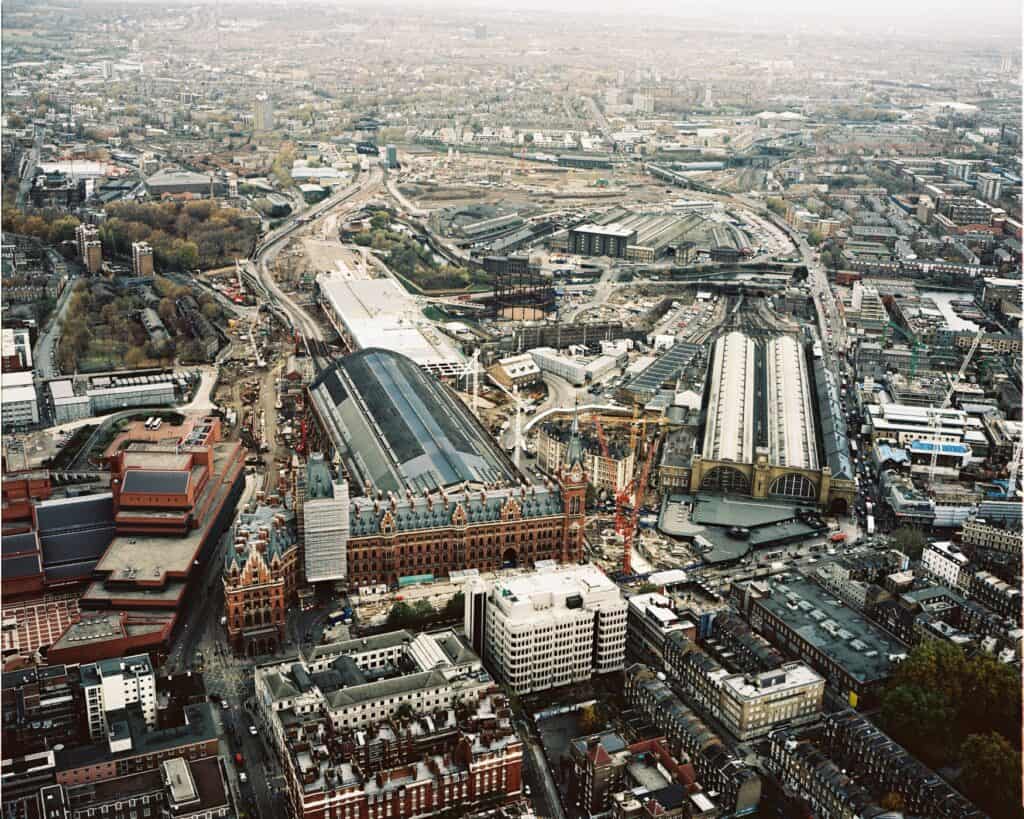covid-19
Covid-19 has suddenly halted booming city economies and introduced massive external uncertainties.
Once the pandemic is controlled, cities will need to rebuild their economies.
This raises the central question of what kind of urban economy we want in our post-Covid societies.
Our research explores how public, private and civic actors may collaborate to secure post-Covid preparedness and resilience for sustainable transitions.
As a consequence of the Covid-19 pandemic, meaning in life and work can be harnessed to the ‘building back better’ agenda by putting human capability development at the heart of sustainable city systems that direct people’s efforts to creating ‘more-than-human’ worlds.
City systems are viable and legitimate when they make public spaces for people (city residents and workers) to come together in improving their lives and work. When people have a say over what meanings and values are important to them, city administrators can use meaning-making as a strategic resource to develop attractive narratives and solve shared problems.
We are interested in developing novel qualitative research methods for studying urban meaningfulness.
Methods include:
Change Labs
Community Conversations
Town Hall
Art-based methods
Such participatory research provides opportunities for innovation in research methods.
The aim is to explore novel methodologies which bring ethico-normative theory and empirical research into productive dialogue.
case studies: london’s kings cross
London’s King’s Cross development is an example of a recent sustainability-driven urban transformation.
King’s Cross is a highly successful commercial venture which also produces public goods. The two core partners are the investor, Hermes Investment Management, and the property management company, Argent LLP.
Through their common work to create King’s Cross as a meaning-rich place to live and work, Hermes Real Estate and Argent have tapped into already existing meanings inhabiting the heritage and culture of the area.
Some key points revealed in the case study
Inclusion
Inclusive total vision evoking principles such as respect, inclusion and talent.
Culture
Cultural emphasis has added public and commercial value.
Innovation
Innovation hub – driven by emerging clusters, adds value to London as a global city.
Growth
Highly successful in growth in knowledge-based employment and diversity of the jobs onsite.
Diversity
Successful mixed used concept – variety of occupiers, tenants, schools, university, students, local authorities, office space, cultural venues
resources
Yeoman, R. & Mueller Santos, M. (2022). Citizen Capabilities for Making Meaningful Cities. In: Stenvall et al (eds.). Public Values for Cities and City Policy. Springer Professional.
Yeoman, R. (2021). Meaning and Purpose in Sustainability Transitions. In: Brears (ed.). Palgrave Handbook of Climate Resilient Societies.
Yeoman, R. (2021). The Future of Meaningfulness in Work, Organizations, and Systems. In: Breen and Deranty (eds.). The Politics and Ethics of Contemporary Work: Whither Work? Routledge.
Yeoman, R. (2021). Work in the Anthropocene. In: Kupfer (ed.). Work Appropriation and Social Inequality. Vernon Press.
Yeoman, R. (2019). The Meaningful City.In: Yeoman, Bailey, Madden and Thompson (eds.). Oxford Handbook of Meaningful Work. Oxford University Press
Yeoman, R. (2014). Conceptualising Meaningful Work as a Fundamental Human Need. Journal of Business Ethics, 125 (2), 235-251.


